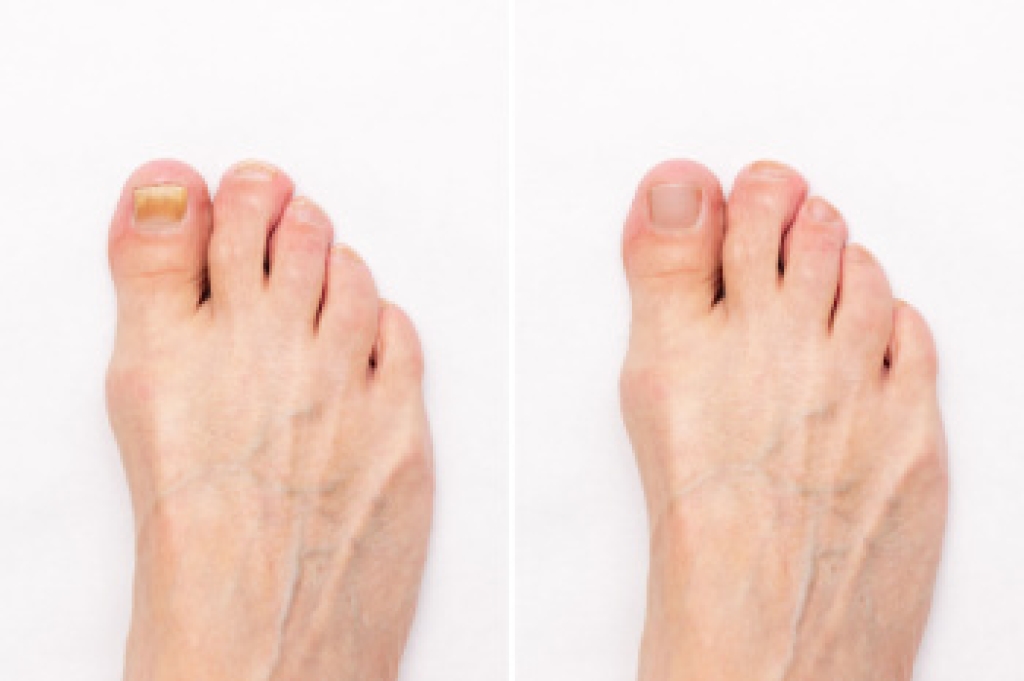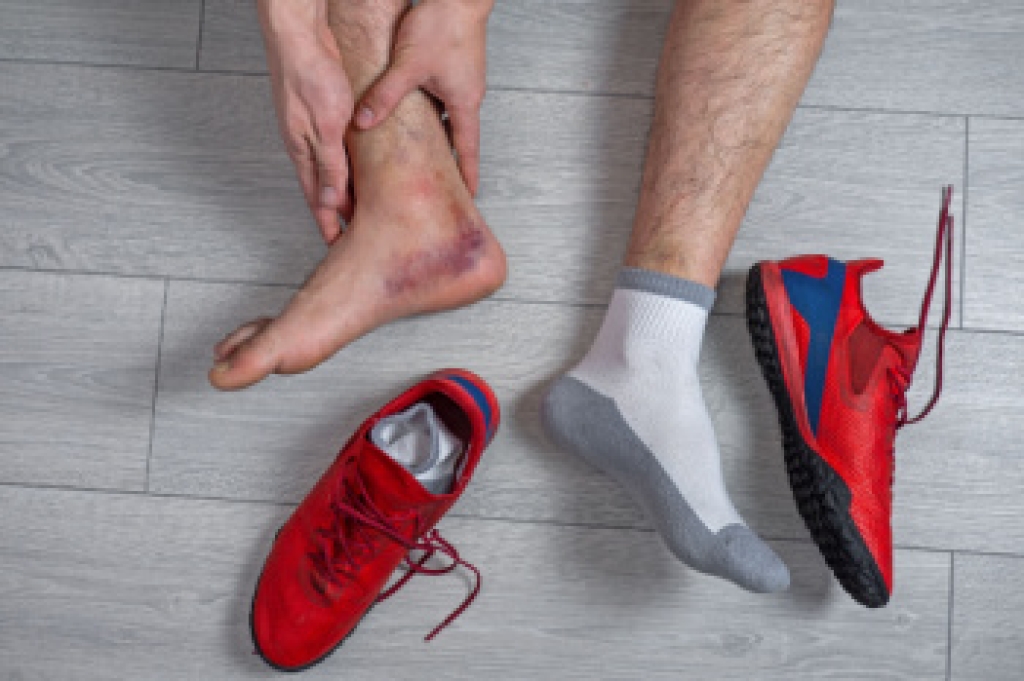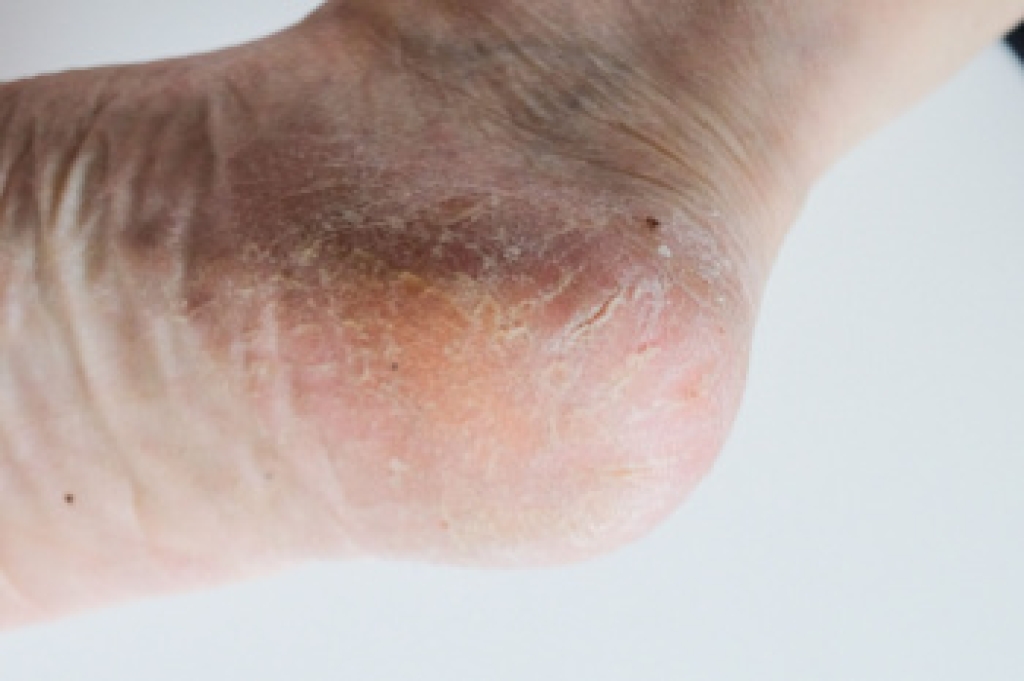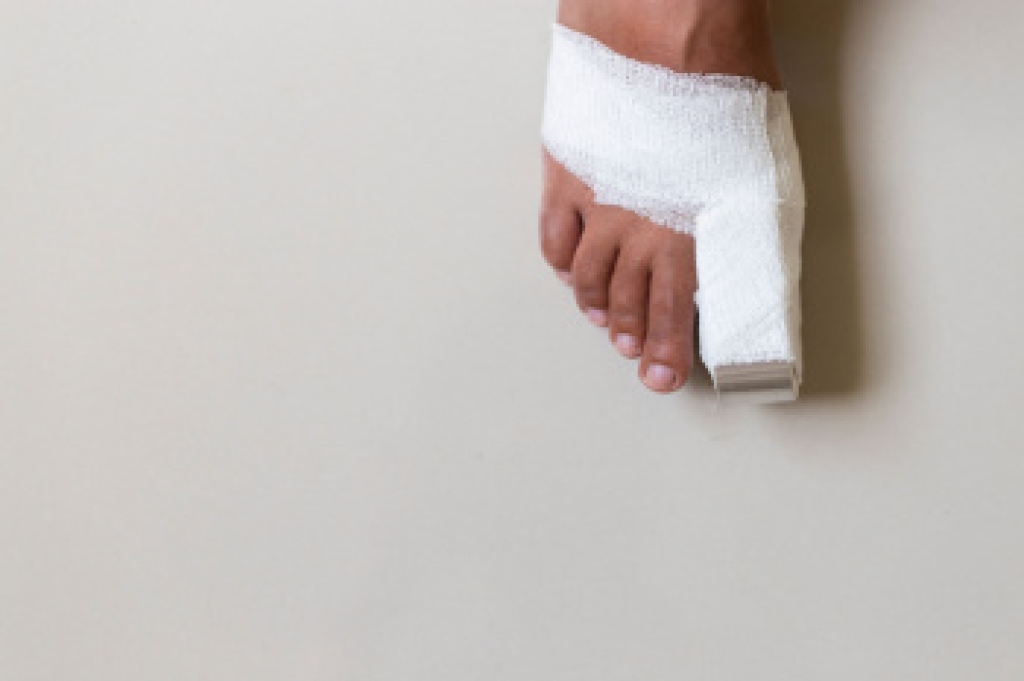
Toenail fungus, medically known as onychomycosis, is a common infection that affects the nails, causing them to become discolored, thickened, and brittle. One specific type of fungal infection is called tinea unguium, which is caused by dermatophyte fungi that thrive in warm, moist environments. Causes of toenail fungus infections include walking barefoot in communal areas, wearing tight shoes, or having minor nail or skin injuries that allow fungi to enter. Risk factors increase with age, a weakened immune system, diabetes, poor circulation, or a history of athlete's foot. Symptoms of toenail fungus include yellowing or whitening of the nail, crumbly edges, distorted nail shape, and a foul odor. If you have any of the above symptoms, it is strongly suggested that you promptly contact a podiatrist who can offer you effective treatment solutions, which may include prescribed medication.
If left untreated, toenail fungus may spread to other toenails, skin, or even fingernails. If you suspect you have toenail fungus it is important to seek treatment right away. For more information about treatment, contact Warren Levy, DPM of Armitage Podiatry Center. Our doctor can provide the care you need to keep you pain-free and on your feet.
Symptoms
- Warped or oddly shaped nails
- Yellowish nails
- Loose/separated nail
- Buildup of bits and pieces of nail fragments under the nail
- Brittle, broken, thickened nail
Treatment
If self-care strategies and over-the-counter medications does not help your fungus, your podiatrist may give you a prescription drug instead. Even if you find relief from your toenail fungus symptoms, you may experience a repeat infection in the future.
Prevention
In order to prevent getting toenail fungus in the future, you should always make sure to wash your feet with soap and water. After washing, it is important to dry your feet thoroughly especially in between the toes. When trimming your toenails, be sure to trim straight across instead of in a rounded shape. It is crucial not to cover up discolored nails with nail polish because that will prevent your nail from being able to “breathe”.
In some cases, surgical procedure may be needed to remove the toenail fungus. Consult with your podiatrist about the best treatment options for your case of toenail fungus.
If you have any questions, please feel free to contact our office located in Chicago, IL . We offer the newest diagnostic and treatment technologies for all your foot care needs.




